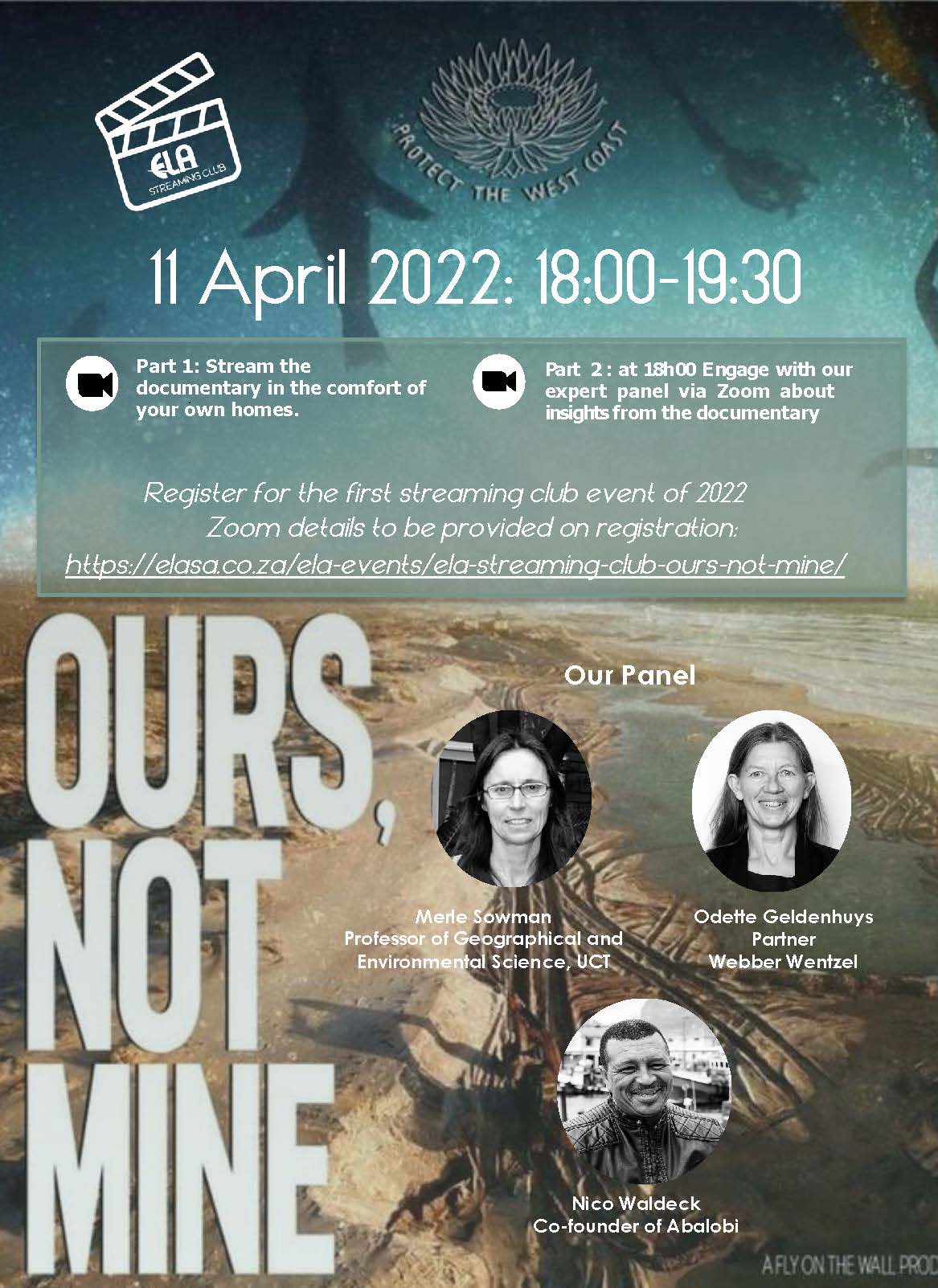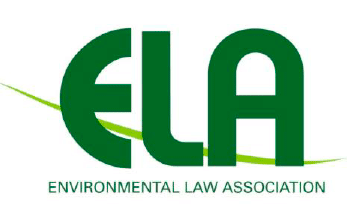ELA Streaming Club – Ours, Not Mine (A Protect the West Coast film)
Watch and learn with us
Check out a recording of our first Streaming Club session of 2022 that took place on 11 April. The session featured a discussion among an incredible expert panel on the impacts of coastal mining on indigenous communities in South Africa, and the legal recourse available to communities. The discussion was inspired by the powerful film, Ours, Not Mine. Attendees streamed the film before the panel discussion and then learnt about the legal and scientific issues arising from the film.
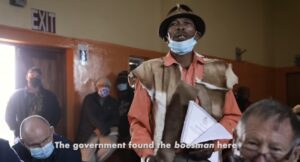
Ours, Not Mine exposes heavy mineral sand mining on the West Coast of South Africa that entails the industrial-scale extraction of minerals such as zircon, ilmenite, rutile, magnetite and garnet (used in everyday products) from huge tracts of coastline between Columbine and the Orange River, including parts that are officially deemed Ecologically or Biologically Significant Marine Areas. Visually rich footage shows the biodiversity and splendour of a pristine wilderness. This is juxtaposed with the wasteland left behind for generations by mining companies from Australia, South Africa, China and others.
Woven into a visually disturbing narrative are the stories of indigenous and local people affected by the mining, including elders from the Khoi Griqua people, who depend on the land and ocean for their livelihood. A Protect the West Coast film directed by Bryan Little and produced by Ana-Filipa Domingues of Fly on the Wall Films, it represents a call to action to push the government into following the correct, legally binding procedures before granting licenses, such as environmental impact studies and fully comprehensive public participation. The film underlines that a destructive, single-use activity stifles efforts to find sustainable economic activities, such as agriculture, fisheries and nature-based tourism.
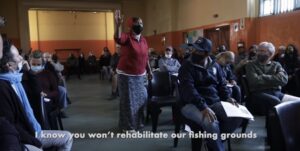
The panel discussion was chaired by ELA Executive Committee member, Pat Forbes. The panel included Professor of Environmental and Geographical Sciences, Merle Sowman (UCT), and Nico Waldeck, a fisher and activist from the West Coast, both featured in the film. Odette Geldenhuys, a partner at Webber Wentzel in their pro bono team shared her legal expertise. There were no costs to join the event, which formed part of the ELA’s ongoing efforts to advance knowledge in domestic and international environmental law, including in relation to the recognition of indigenous voices, and the urgent need for reform of the law in a time of socio-ecological crisis. A recording of the discussion is available on our YouTube Channel.
One lucky person won a copy of the incredible volume co-edited by Merle Sowman, Governance for Justice and Environmental Sustainability (Routledge, 2014).
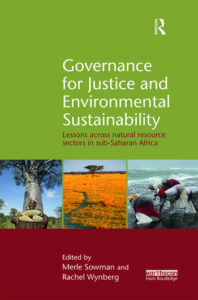
Our speakers
Odette’s expertise is broadly in the field of public interest law with an overarching career interest in access to justice. In 2006 she founded ProBono.Org, the first pro bono clearinghouse in South Africa. She currently chairs the Pro Bono Committee of the International Bar Association and heads up the Pro Bono team of Webber Wentzel.
Merle is a Professor of Environmental and Geographical Sciences at UCT. She obtained her PhD in the field of integrated coastal management from UCT in 1994, and has been involved in research, consulting and teaching in the field of environmental governance with a particular focus on integrated coastal and fisheries governance since 1996.
Nico is the co-founder of Abalobi, a social enterprise consisting of a suite of mobile apps that connects small-scale fishers directly to buyers to create a more sustainable livelihood for their families and broader community. Nico is also a community activist and fisher based in the West Coast.
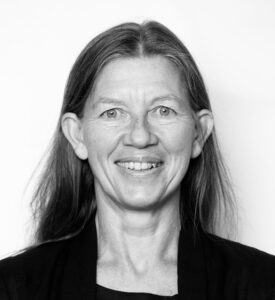
Odette Geldenhuys
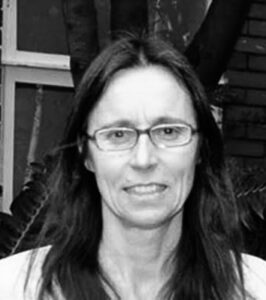
Merle Sowman
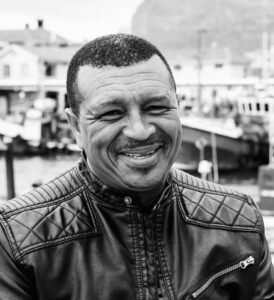
Nico Waldeck
